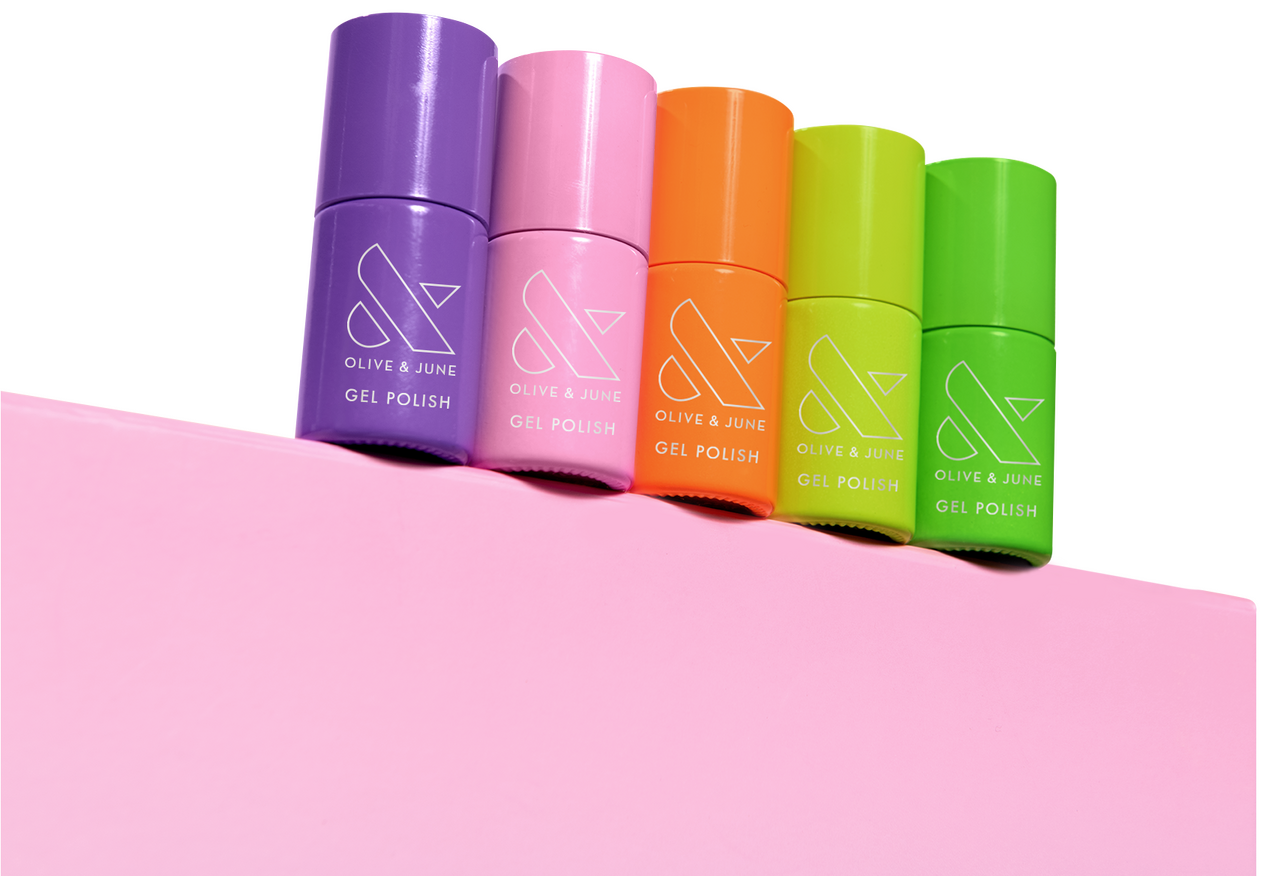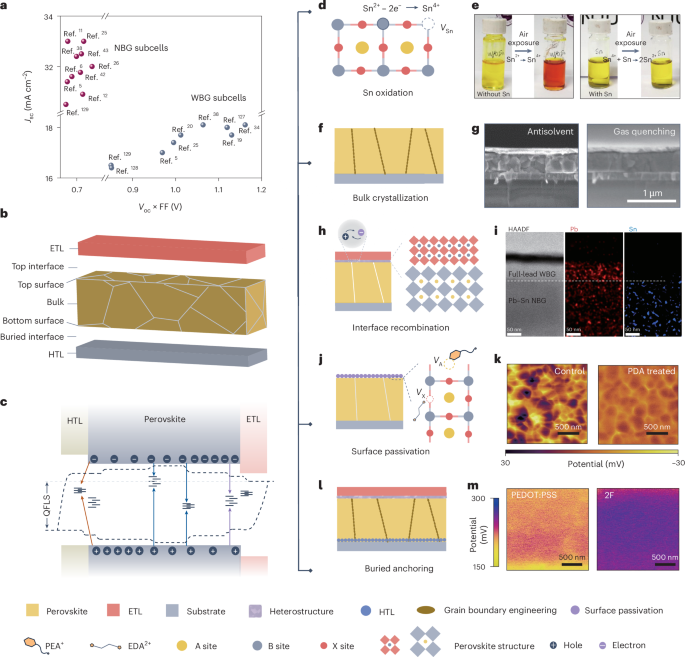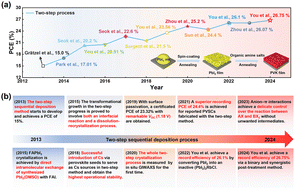US set to drop daily alcohol limits from dietary guidelines
The US government is expected to drop its long-standing recommendation to limit alcohol consumption to one or two drinks per day - a potential boost for an industry frequently targeted by negative health messaging. The post US set to drop daily alcohol limits from dietary guidelines appeared first on The Drinks Business.

The US government is expected to drop its long-standing recommendation to limit alcohol consumption to one or two drinks per day - a potential boost for an industry frequently targeted by negative health messaging.

US guidelines move away from specific daily limits
The US government is expected to drop its recommendation that adults limit alcohol intake to one or two drinks per day, according to three sources familiar with the matter, Reuters has reported.
The revised Dietary Guidelines for Americans, developed by the Department of Health and Human Services and the Department of Agriculture, could be released as early as this month. The new advice is expected to include only a brief statement encouraging Americans to moderate or limit alcohol intake due to associated health risks, the sources said.
Two of those sources and a fourth individual familiar with the process emphasised that the guidelines are still under development and could change before publication.
Current guidance advises women to consume no more than one alcoholic drink per day and men no more than two - levels generally seen as moderate. Similar limits are advised in countries such as the UK, which recommends no more than 14 units per week.
In Canada, a 2023 government-backed report warned that health risks begin to rise after just two drinks per week. However, Canadian government websites still advise no more than two or three drinks per day depending on gender.
Industry win after lobbying push
Even moderate alcohol consumption has been linked to increased health risks, including a higher chance of breast cancer. Some studies have also associated moderate drinking with possible health benefits, such as reduced risk of stroke.
A fourth source told Reuters that scientific evidence to support precise daily limits is limited, and the aim of the update is to reflect only the most robust available science.
Major drinks companies had feared the updated guidance might lean towards stricter limits, especially as organisations such as the World Health Organization have intensified warnings about alcohol’s health effects.
Diageo and AB InBev were among the alcohol producers lobbying lawmakers throughout the review process. Senate records show both firms spent millions on lobbying in 2024 and 2025, covering the guidelines as well as tax and trade issues. Both declined to comment to Reuters.
Shares in both companies rose following reports of the expected change, with both Diageo and AB InBev reaching intraday highs.
The new alcohol-related recommendation may be limited to a sentence or two, according to one source. Another said the current numeric guidelines could still appear in a longer appendix.
Mixed views on scientific evidence
While industry players have been active behind the scenes, some public health officials and researchers pushed for tighter restrictions.
Two studies were used to help inform the update. One found that moderate drinking was linked to a higher risk of some cancers, but a lower risk of death overall and of cardiovascular issues such as stroke. The other concluded that alcohol-related mortality risk - including increased risk of seven cancers - begins at low levels of consumption and grows with increased intake.
Science Over Bias, a US group representing alcohol producers, said the industry supports the use of sound science without bias or conflicts of interest. “Information on responsible alcohol consumption has been part of the Dietary Guidelines for decades and has provided useful guidance for consumers who choose to consume alcohol and their health care providers,” the group said.
The guidelines, which are updated every five years, have advised moderation and defined it as no more than one drink per day for women and two for men since 1990.
But Eva Greenthal, senior policy scientist at the non-profit Center for Science in the Public Interest, criticised the move away from specific limits, calling the expected wording “so vague as to be unhelpful”.
She warned that such a shift could obscure the message that even moderate drinking carries risks, particularly regarding breast cancer.
























































































![Four big takeaways to wrap up the Paris Air Show [Video]](https://breakingdefense.com/wp-content/uploads/sites/3/2023/06/FCAS-scaled-e1685718848105.jpg?#)
![The sights of Paris Air Show, one last time: Day 4 [Photos]](https://breakingdefense.com/wp-content/uploads/sites/3/2025/06/20250617-helenedelacoste-Paris-Air-Show-037-scaled-e1750357690820.jpg?#)

























































